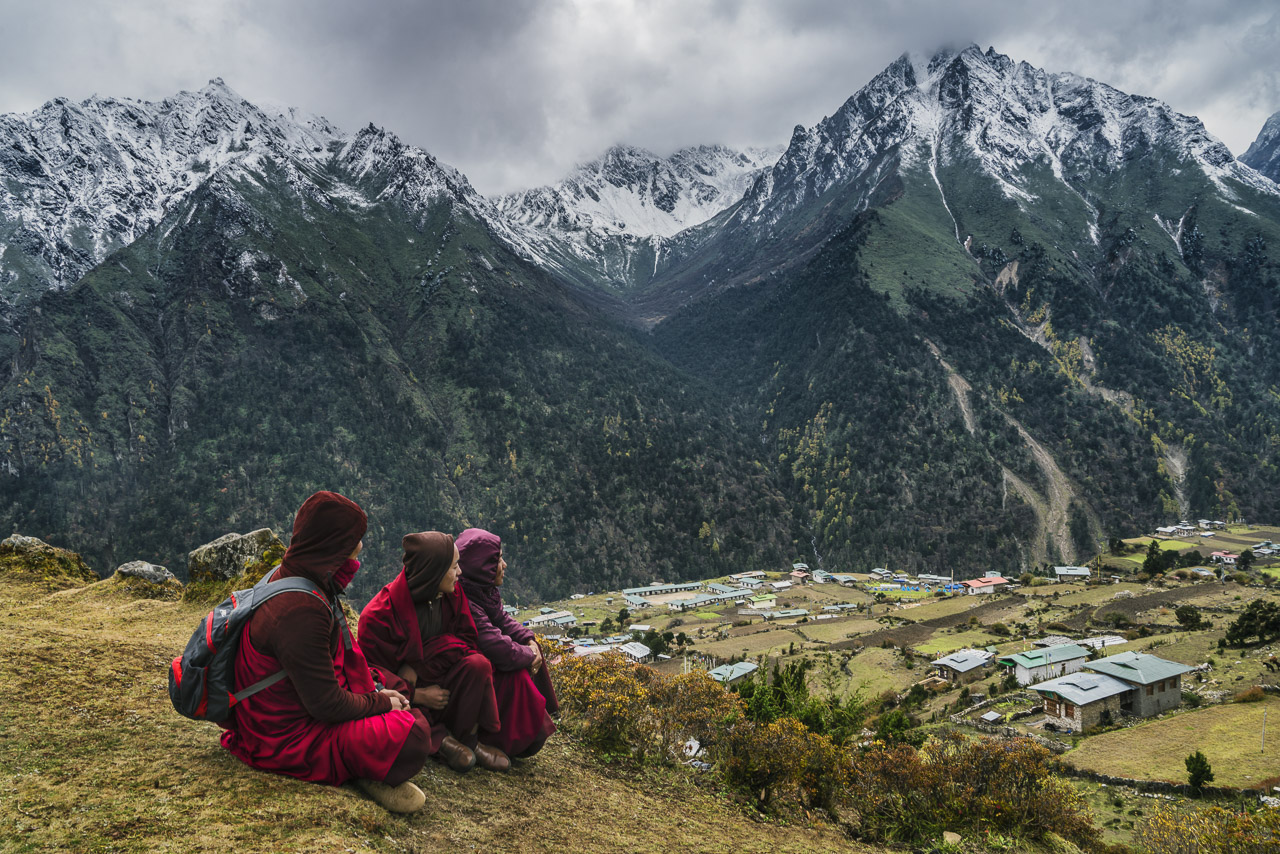Learn how to travel the world with a better impact with these ethical travel tips.
- Impact of Overtourism
- Ethical Travel Tips – How to Reduce Your Travel Footprint
- How to Travel and Have a Positive Impact
- Make Informed Decisions
Traveling is a powerful force that is often overlooked in discussions regarding global issues. The number of people crossing borders continues to grow significantly. For instance, 1.6 billion travelers journeyed in 2020, an immense leap from 25 million in the 1950s, and this trend is likely to escalate further.
The surge in tourism significantly influences local communities, the environment, and infrastructure. Consequently, it is essential to address these changes thoughtfully.
Impact of Overtourism
Many tourist hotspots are now closing down to visitors, as evidenced by the famous Maya Beach in Thailand and Boracay in the Philippines. Moreover, cities like Venice have begun imposing fines for behavior such as sitting in non-designated areas to manage the influx of travelers. Additionally, Komodo Island has temporarily closed to tourists to rejuvenate its ecosystem.
Nevertheless, travel can have a positive social impact. If every person had the opportunity to explore the globe, society as a whole would likely benefit immensely. Notably, renowned travel expert Rick Steves advocates for Americans to see the world beyond their national borders.
Ethical Travel Tips – How to Reduce Your Travel Footprint
It is crucial to learn how to travel responsibly to maximize the benefits of tourism while minimizing its negative effects. Here are key considerations:
1. Choose the Right Destination
In today’s digital age, travelers have access to information that can guide them toward destinations less impacted by over-tourism. For example, our experience at Ha Long Bay was marred by evident waste management issues resulting from excessive tourist activities.
Destinations such as Kyrgyzstan and Mongolia remain less traveled and provide more authentic experiences away from crowded attractions. Choosing off-the-beaten-path locations can lead to more fulfilling journeys and help alleviate the pressure on popular sites.
2. Transportation
Transportation choices play a significant role in reducing your carbon footprint. Flights contribute considerably to greenhouse gas emissions, so consider these options for local trips:
- If your trip is less than 1000 miles, consider using a train or bus.
- Opt for direct flights whenever possible.
- Seek out airlines that offer carbon offset options.
- If applicable, purchase carbon offset credits from trusted providers.
3. Choose Green Lodging
Selecting where to stay is another critical decision to make during your travels. Many eco-lodging options now exist, but be vigilant of greenwashing.
Use Reputable Sites
- Utilize lodging search engines that focus on carbon-conscious accommodations, such as Book Different.
- Look into unique listings on AirBnb for friendlier options.
Seek out certifications like Green Key, which ensure that your accommodation genuinely adheres to eco-friendly practices.
4. Ethical Travel Activities
Selecting activities during your travels can also significantly impact the local ecosystem:
- Engage in outdoor activities that promote the preservation of natural resources.
- Research eco-tour operators to ensure they are genuine.
- Use non-polluting modes of transportation, such as bicycles or electric options.
Prioritize activities that respect local wildlife and cultures. Engaging with wildlife should always be done ethically, for example, choosing to swim with dolphins only in their natural habitats.
5. Reduce Waste
Plastic waste is a significant threat to our environment. Travelers should be conscientious about their plastic use. Rather than purchasing bottled water, bring a reusable water bottle. If you’re concerned about water quality, consider using a Steripen for purification.
It’s essential to reduce the use of single-use plastics, such as straws and plastic utensils, to lessen your environmental impact.
How to Travel and Have a Positive Impact
6. Travel Slow
Embrace the slow travel philosophy, which encourages rich experiences through extended stays and deeper interactions with local cultures. This approach allows you more time to plan and reduces your overall travel footprint.
7. Eat Local
Support local economies by consuming local foods. Visit local markets and cook your own meals when possible. Moreover, the more you engage with local cuisine, the deeper your understanding of the culture will be.
8. Buy Direct from Local Businesses
Whenever possible, purchase goods directly from local vendors. By doing so, you help keep money in the community. Staying longer in one location also gives you the chance to uncover fantastic local guides and operators.
9. Respect Local Culture
Cultural sensitivity is crucial when traveling. It’s vital to respect local customs and dress codes. Observing and adapting to local practices enriches your travel experience and fosters goodwill.
My Personal Example
While living in Thailand, I learned to adjust to cultural differences during recreational activities, which fostered deeper connections with the locals.
Make Informed Decisions
Though we may not find perfect solutions, being informed is essential, especially in today’s information-rich climate. Travel involves numerous decisions; understanding the impact of these choices is vital for responsible tourism.
Ultimately, travel should be enjoyable and enriching, while also contributing positively to the world.





